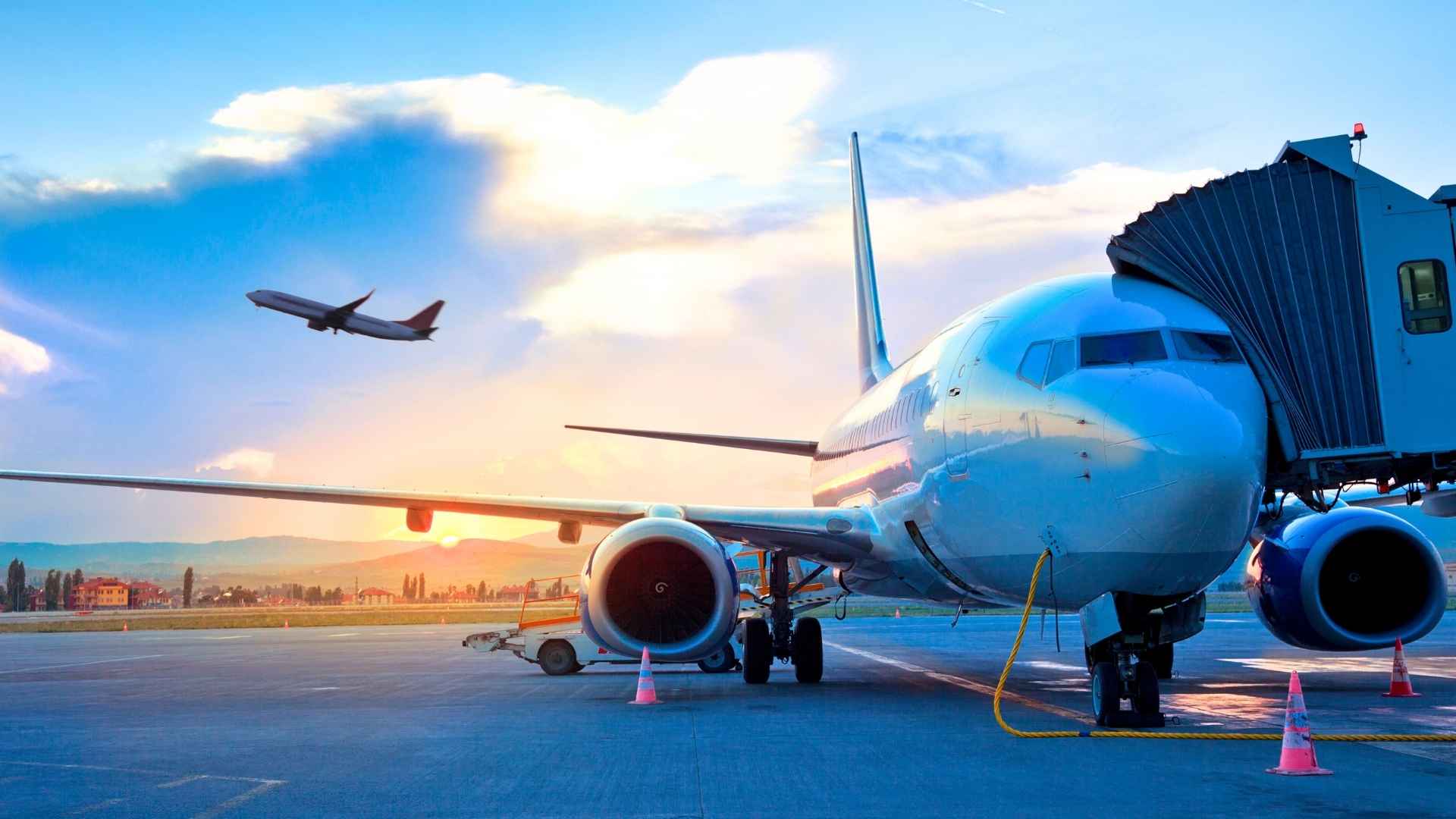Maryland and Virginia flyers could see higher fares and facility charges as early as 2027 after Congress approved the One Big Beautiful Bill Act, which reshapes how Reagan National and Dulles pay rent to Washington.
Thousands of passengers who depend on Ronald Reagan Washington National Airport and Washington Dulles International now face a new cost reality. The One Big Beautiful Bill Act, crafted by the Senate Committee on Commerce, Science and Transportation, forces the Metropolitan Washington Airports Authority (MWAA) to renegotiate its federal lease every 10 years—scrapping the deal that once stretched to 2100. Beginning in 2027, the annual rent jumps from $7.5 million to a minimum of $15 million, a bill airlines are expected to pass straight to travelers.
Forcing a decade‑by‑decade rent negotiation puts fresh pressure on MWAA finances
MWAA has operated both airports under a stable 1987 lease designed for long‑term planning. Lawmakers who backed the shake‑up insist the arrangement was outdated and failed to reflect today’s land values. Critics, however, say the region is being singled out.
“This bill includes several measures that specifically target Virginia, including singling out our local airports to make flying in and out of our region more expensive,” warned Rep. Suhas Subramanyam, D‑Va.
| Lease period | Annual payment to federal government | Key change |
|---|---|---|
| 1987 – 2026 | $7.5 million | Fixed 99‑year structure |
| 2027 – 2036 | $15 million (minimum) | 10‑year renegotiation cycle begins |
What travelers should know about higher fees and the political fight ahead
Wondering how much extra you might pay on a round‑trip ticket? Airlines have not released figures yet, but industry watchers expect incremental surcharges to appear alongside existing facility fees once the higher rent kicks in. Sen. Mark Warner’s bid to steer the added revenue toward aviation‑safety upgrades—plus a memorial for victims of the January 2025 midair collision near DCA—fell in a 50‑50 Senate split, leaving spending decisions to future budget cycles.
So, what’s a savvy flyer to do? First, monitor airline advisories later this decade when carriers publish 2027 fare schedules. Second, consider alternate airports such as Baltimore/Washington International if price gaps widen. Finally, keep an eye on the 2036 renegotiation; advocates promise another fierce debate over whether regional travelers should shoulder rising federal rents.
The One Big Beautiful Bill Act more than doubles MWAA’s rent and inserts a recurring renegotiation that could hike travel costs every decade. Passengers who plan ahead—by tracking airline fees and exploring alternate airports—will be better positioned to dodge sticker shock when the new terms land in 2027.

